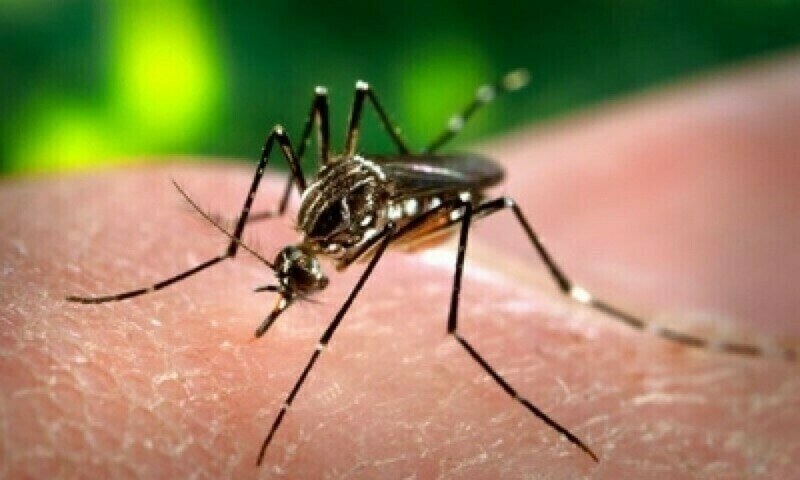By Anwar Khan
Copyright brecorder

KARACHI: Pakistan is bracing for a double calamity as swollen rivers continue to batter Sindh while health experts warn of an imminent dengue outbreak that could grip the entire nation.
The flood surge has already placed major barrages under strain, and stagnant waters left in its wake are setting the stage for a severe wave of waterborne disease.
The Provincial Disaster Management Authority (PDMA) Sindh, in a fresh alert, confirmed high water inflows across the Indus River system. As of early Monday, Guddu Barrage was under a high-level flood with inflows above 635,000 cusecs. Sukkur Barrage was facing a medium-to-high flood with nearly 540,000 cusecs and rising, while Kotri Barrage recorded inflows of about 278,000 cusecs at low flood levels. Authorities fear that the combined effect of swollen barrages and continued river pressure could deepen the crisis in downstream districts.
At the same time, a nationwide health warning issued by the Pakistan Meteorological Department (PMD) has highlighted that dengue fever is poised to surge from September 20 onward. With ideal conditions of heat, humidity, and water logging now present, experts warn of an “unprecedented risk” of a severe outbreak.
The PMD noted that the ongoing floods, caused by relentless monsoon rains, overflowing rivers, and dam releases, have inundated Punjab and Sindh, displacing millions and leaving behind pools of stagnant water.
These waterlogged environments are ideal for mosquito breeding. Ten major cities — Karachi, Lahore, Islamabad, Faisalabad, Sialkot, Rawalpindi, Peshawar, Sukkur, Hyderabad, and Multan — are now on high alert, alongside scores of rural districts submerged by the floods.
Hospitals have been directed to prepare for an influx of dengue patients, while fumigation, larvicide spraying, and clearing of blocked drains are being prioritised in flood relief operations. Authorities have also ordered mass awareness campaigns to educate communities on preventive steps, from covering water storage containers to using repellents and nets during peak mosquito hours.
For families crammed into relief camps and makeshift shelters, the risk is even greater. Overcrowding, poor sanitation, and limited access to clean water could accelerate both the spread and severity of the outbreak. Health officials stress that mosquito-control and sanitation must be integrated into every stage of flood relief efforts to avoid a secondary disaster.
Copyright Business Recorder, 2025



